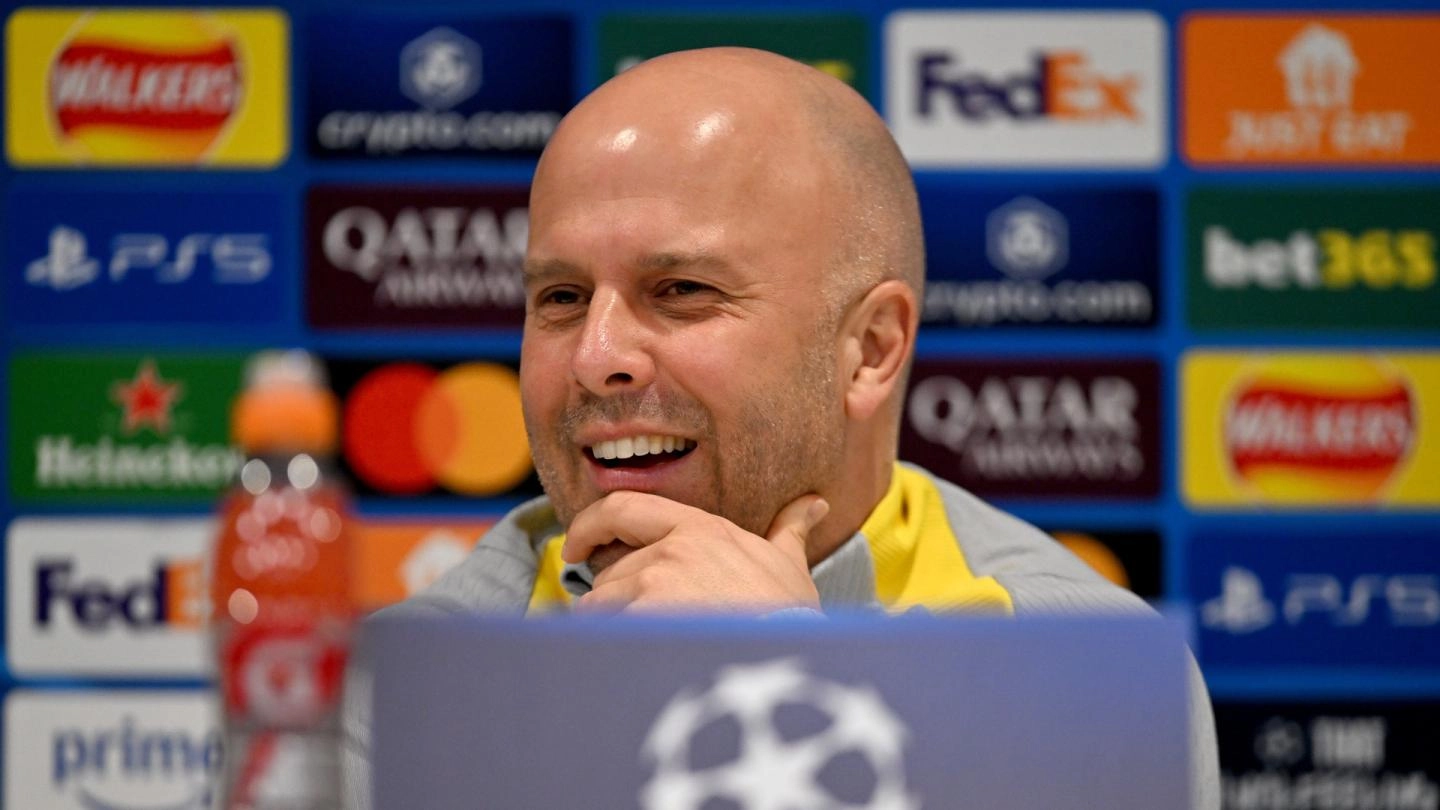It’s been two months since the French-Palestinian lawyer Salah Hamouri was imprisoned in Israel after being arrested at his home in East Jerusalem. Since then he has been placed under administrative detention and imprisoned for a renewable period of six months by order of the Minister of Defence Avigdor Lieberman. Neither he nor his lawyers know the reason – it is classified as “secret”.
For the past two months his wife Elsa Lefort Hamouri has been fighting to raise the profile of his case, lobbying French authorities and speaking to the media about her husband’s situation. Like the campaign for the French journalist Lou Bureau, who was arbitrarily detained in Turkey under the accusation that he had been a member of a “terrorist organisation,” Elsa Lefort Hamouri is calling on France to demand Salah’s immediate and unconditional release.
On 25 October France said they were “concerned” about the situation of the French-Palestinian Salah Hamouri, and “hoped” for his release: “We demand that Salah Hamouri’s rights be respected and we hope that he will be freed. We also ask that her family be able to visit him,” said Agnès Romatet-Spain, spokesperson for the Ministry of Foreign Affairs. “France recalls that the abusive and systematic use of administrative detention violates the right to a fair trial and the rights of the defence,” she added.
Elsa Lefort Hamouri recounts the arrest in Jerusalem: “On 23 August, at about 4am, they came with several armoured vehicles from the army and entered our neighbourhood [in] East Jerusalem. They knew what building Salah lived in, but they didn’t know which flat and they woke many people up. Hooded men entered the flat, searching, seizing computers and USB sticks, and then took Salah into custody.”
“When they arrested him, they alleged that he had ‘resumed activities within an enemy organisation,’ but this was the first charge,” Elsa Lefort Hamouri continues. “Now, since he is under administrative detention, there are no longer any specific charges. This regime allows for the imprisonment of someone without charge for a renewable period of six months. His file is classified as secret, and neither he nor his lawyers have access to it. He is therefore in prison without cause.”
Salah Hamouri was arrested by Israeli authorities in May 2005 and accused of planning the assassination of Rabbi Ovadia Yosef, a charge he has always denied. After being detained for three years without trial Salah Hamouri had to submit to a special procedure known as “haggling,” or pleading guilty to avoid spending 14 years in prison. The military court sentenced him to seven years in prison.
Then in 2011 Salah Hamouri was one of 1,027 Palestinian prisoners exchanged in return for the release of Israeli soldier Gilad Shalit after France asked for Salah to be part of the agreement. “So France is one of the parties involved in this agreement, which is not respected by Israel. At one point, the military court ruling on his detention considered condemning Salah to the remainder of his sentence, and thus trampling this agreement,” says Elsa Lefort Hamouri.
Salah Hamouri is currently being held in a prison in Negev: “In this region, in winter, it is very cold and in summer it is very hot. Some cells are tents, others are prefabricated… I can’t talk to him. His mother was able to visit him, he is entitled to one family visit per month. Only political prisoners are held there. There is a great deal of solidarity between them.”
Salah Hamouri cannot communicate with the outside world and so far none of the letters sent to him have been delivered: “We have alerted the consulate, because consular protection must also ensure dignified conditions. Especially for me, it’s the only way to communicate with him, except through lawyers. His mother brought him a French-Arab dictionary, but she could not leave it even though censorship is only supposed to apply to political books. So there is pressure on Salah inside the prison as well. But he is not the only one, former prisoners of the same prison told me that it was usual that family letters are not delivered.”
According to Elsa Lefort, this arrest is part of an ongoing harassment campaign against her husband: “The first actions were against Salah after his release in 2011. He could not go to Birzeit University, near Ramallah, to study law. They have interfered with all his freedoms – the right to study, the right to a family life.”
Elsa Lefort Hamouri now lives near Paris with their two-year-old son and was prevented from returning to Israel in January 2016, when she was six months pregnant, “on the grounds that I would have been dangerous” for the security of Israel. “They wanted to prevent our child from being born in Jerusalem and having resident status. They issued a visa in October 2015, at the request of the French consulate for which I was working at the time. This visa was granted to me and I was able to visit my family in France in December – I had not seen them for a year and a half because of visa problems. When I came back, I was suddenly dangerous and was expelled. The goal was also to push Salah to leave and prevent our son from having residency status. Salah wrote a public letter in which he said that our son and I are ‘hostages of Israeli policy’. Israel wants to empty the Palestinian population of Jerusalem.”

Israeli security forces take a Palestinian into custody following a clash between Israeli security forces and Palestinians on 6 October 2017 [Issam Rimawi/Anadolu Agency]
Before his arrest, Salah Hamouri visited his wife and son in France every three months: “Every time he came to France to see me he was told, ‘why don’t you stay in France with your wife and child’ or ‘where is your wife?’ He was interrogated for so long at the airport he almost missed his plane.”
Salah had been working for the human rights organisation Addameer, which works to support Palestinian political prisoners, for several years as a field investigator. He was arrested three days after he became a lawyer: “This law degree gave him an even greater opportunity to carry out his work within the NGO and also to defend Palestinian political prisoners,” says Elsa Lefort Hamouri.
“It is a general silence that today touches Salah. We saw this during the previous war against Gaza – France was slow to react. As soon as [injustice] touches a Palestinian, there is silence. I don’t know why the media is silent… this is outrageous. In the case of the French journalist Lou Bureau, arrested in Turkey, after 15 days Macron called Erdogan. Why not for Salah?” Elsa Lefort Hamouri asks.
Popular mobilisation in France has gained momentum: “Some elected officials take a stand and question the authorities. We feel a tremendous amount of support growing. A collective of lawyers has been created because Salah was arrested for not being able to exercise his profession.”
Another support committee which brings together thousands of citizens and French and foreign personalities has just been formed of French and European elected representatives; NGOs, trade unions and parties have taken a stand to support Salah Hamouri as have high profile personalities and organisations including Richard Falk, Jean Ziegler, Noam Chomsky, Angela Davis, Ken Loach, Brian Eno, Michael Mansfield QC, Roger Waters, and Amnesty International.
In February Salah’s detention may be renewed without justification and without evidence. “There is no limit to this extension. People spend years in prison under this regime… The decision to detain Salah is clearly a political decision and the answer can only be diplomatic. To break someone morally, to impede his freedom, administrative detention is the ideal way.”






